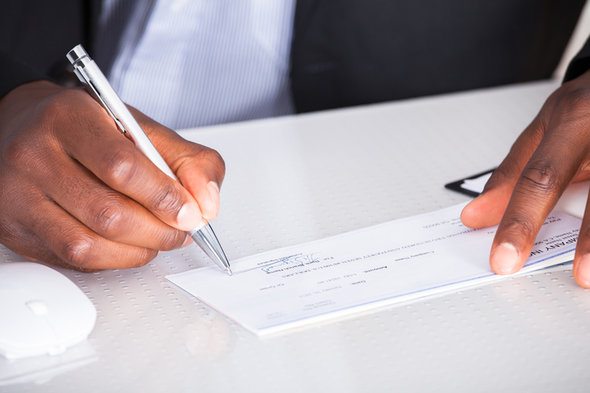When it comes to paying for goods or services, most people think of using a credit or debit card. However, business check is still a popular form of payment, especially among businesses. In this blog post, we will discuss everything you need to know about checks: how they work, when to use them, and more!
Many people still use checks, even in our digital age, especially in business transactions. Here’s everything you need to know about them.
What is a check?
A check is a financial document that authorizes the transfer of a specific amount of money from one party to another. A check is typically used in situations where the payee (the person receiving the money) is not known by the payer (the person writing the check), or when the payee requires a guarantee that the funds are available.
How do checks work?
In order for a check to be valid, it must be filled out correctly with all of the required information. This includes the date, payee, amount, and signature of the payer. The payer then gives the check to the payee, who takes it to their bank in order to receive the funds. The bank will verify that the check is valid and that the payer has enough money in their account to cover the amount of the check. Once this process is complete, the funds will be transferred from the payer’s account to the payee’s account.
What are some advantages of using a check?
There are several advantages of using a check as opposed to other methods of payment, such as cash or a credit/debit card. For one, a check can be used to pay for goods or services without the payer having to carry around large amounts of cash.
Additionally, checks provide a written record of the transaction, which can be useful for both the payer and payee.
The checks can be made out for specific amounts, which can be helpful when budgeting or keeping track of expenses. You can specify future dates for when the check should be cashed, which can be helpful if you are paying rent or a bill in advance.
Finally, using a check can be a more secure way to pay someone, as it eliminates the risk of theft or loss.
What are some disadvantages of using a check?
There are also some disadvantages to using checks that should be considered before making a decision to use them. For one, they can take longer to process than other methods of payment, such as credit/debit cards or cash. Additionally, there is a risk that the check could be lost or stolen before it is cashed, which would leave you without the funds you were expecting to receive.
Another disadvantage of using checks is that they can be forged. If someone obtains your checkbook, they could write themselves a check for any amount of money and sign your name. This would leave you responsible for the amount of the check, even if you did not write or authorize it.
Finally, some businesses may charge a fee for using a check, so be sure to ask about this before paying with a check.
Conclusion
As you can see, there are both advantages and disadvantages to using checks. Ultimately, the decision of whether or not to use them will come down to your personal preference and situation. If you are interested, ask your bank or financial institution for more information.

